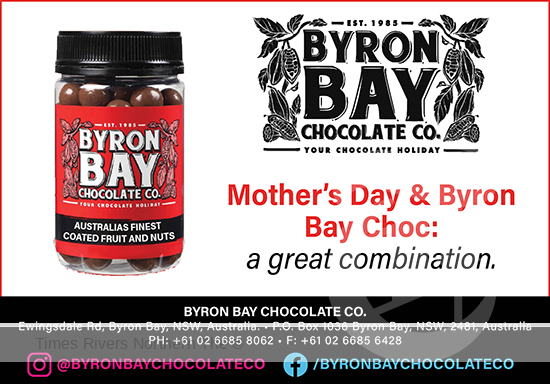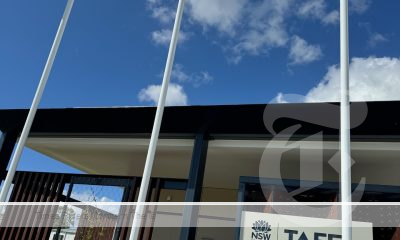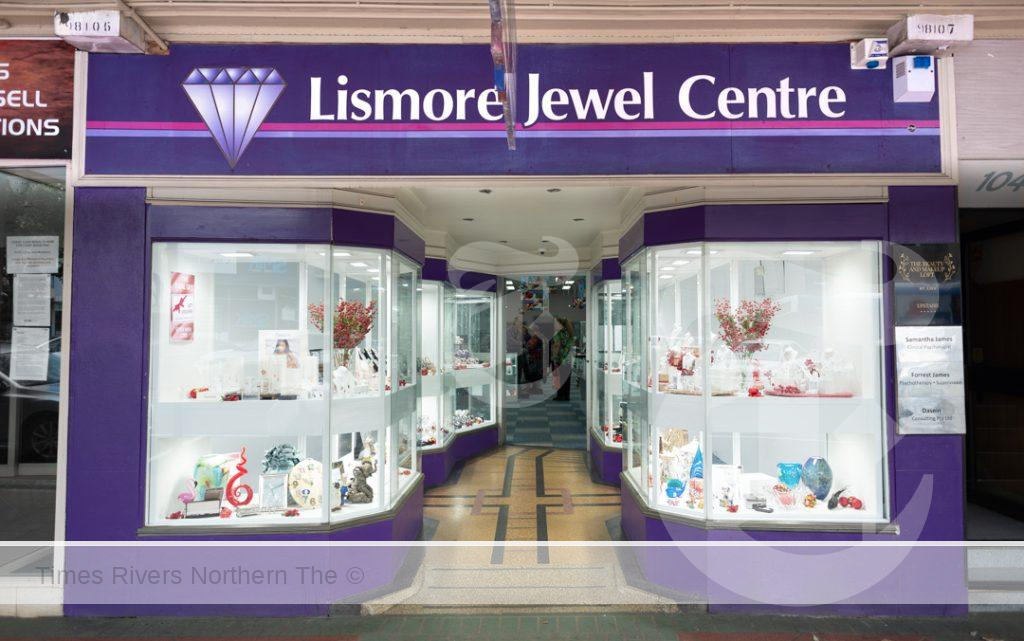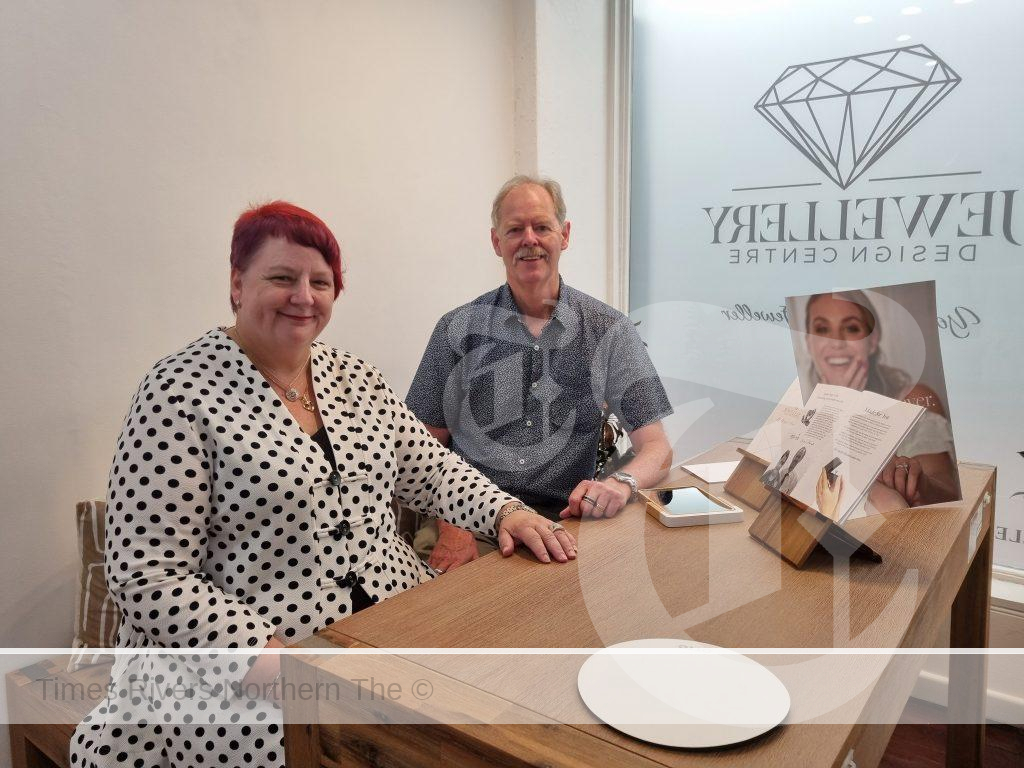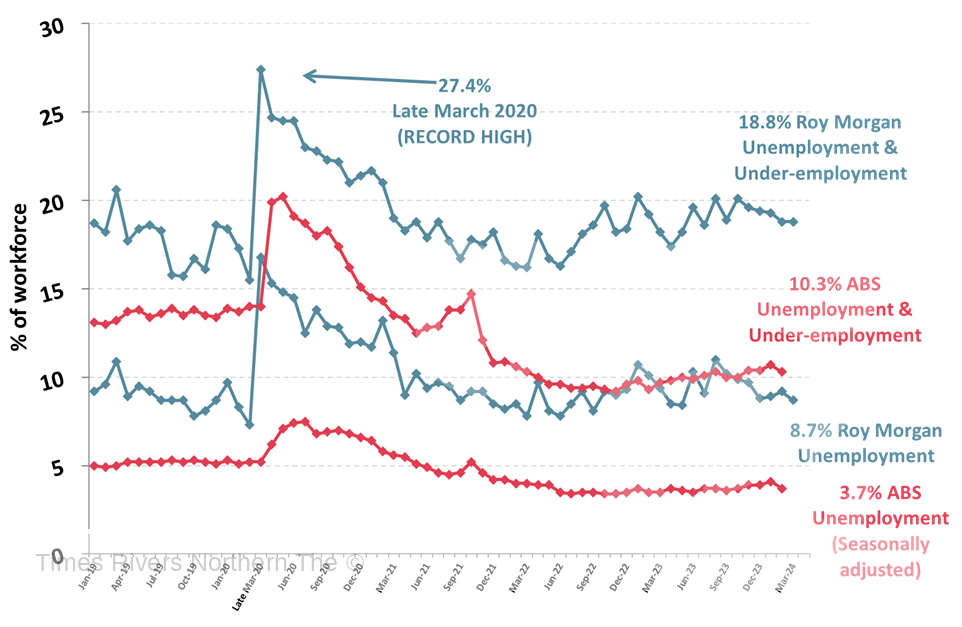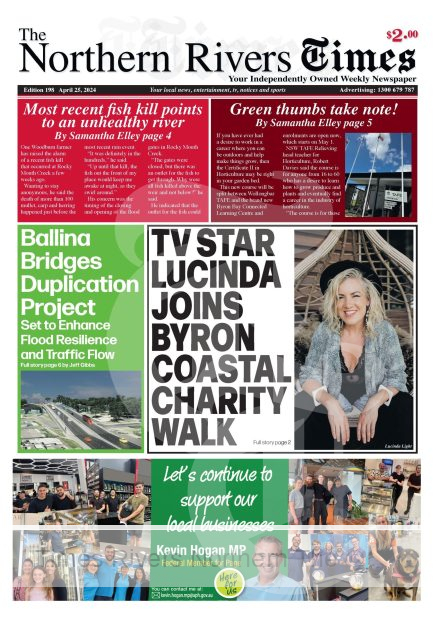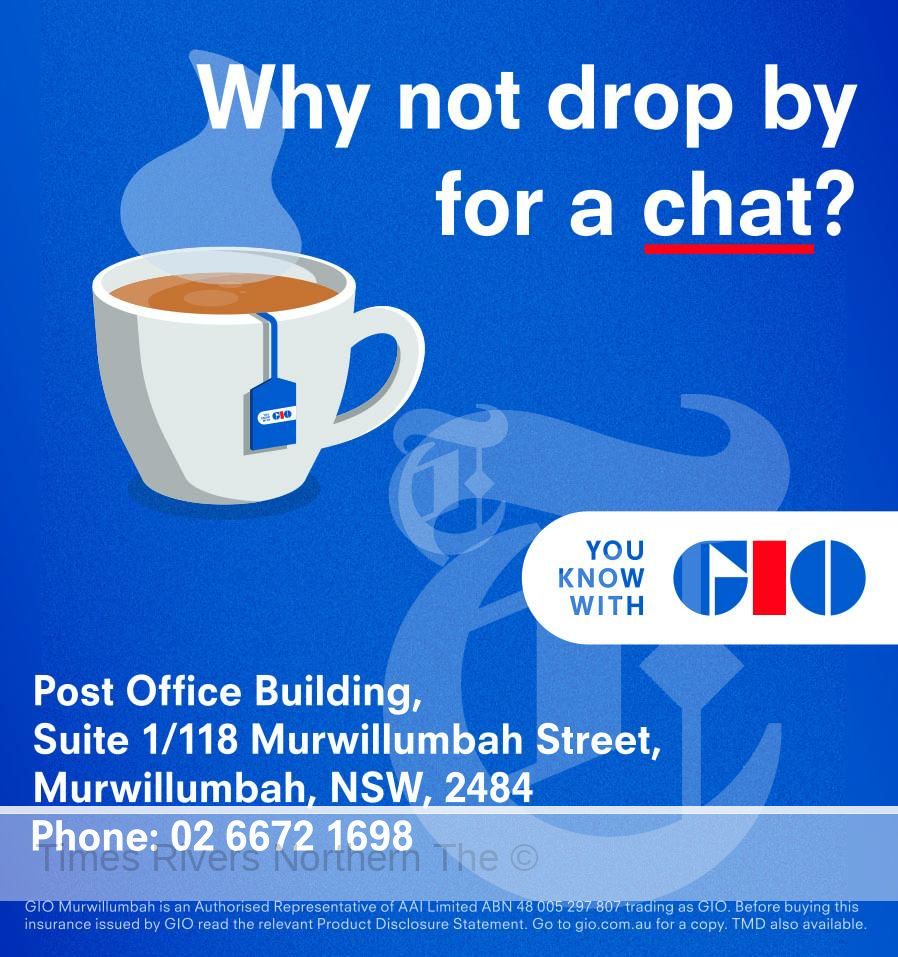Founder personality could predict start-up success: study
UNSW Sydney
Research shows start-up founders have distinct personality traits, and they’re more important to the success of their companies than previously thought.
The stats don’t lie – the overwhelming majority of start-up companies fail. So, what makes the seemingly lucky few not only survive, but thrive?
While good fortune and circumstances can play a part, new research reveals that when it comes to start-up success, a founder’s personality – or the combined personalities of the founding team – is paramount. The study, published today in Scientific Reports, shows founders of successful start-ups have personality traits that differ significantly from the rest of the population – and that these traits are more important for success than many other factors.
“We find that personality traits don’t simply matter for start-ups – they are critical to elevating the chances of success,” says Paul X. McCarthy, lead author of the study and adjunct professor at UNSW Sydney. “A small number of astute venture capitalists have suspected this for some time, but now we have the data to demonstrate this is the case.”
Personality key to start-up success
For the study, the team, which also included researchers from Oxford Internet Institute, the University of Oxford, University of Technology Sydney (UTS), and the University of Melbourne, inferred the personality profiles of the founders of more than 21,000 founder-led companies from language and activity in their publicly available Twitter accounts using a machine learning algorithm. The algorithm could distinguish successful start-up founders with 82.5 per cent accuracy.
They then correlated the personality profiles to data from the largest directory on start-ups in the world, Crunchbase, to determine whether certain founder personalities and their combinations in cofounded teams relate to start-up success – if the company had been acquired, if they acquired another company, or listed on a public stock exchange.
The researchers found that successful start-up founders’ core Big Five personality traits – the widely accepted model of human personality measuring openness to experience, conscientiousness, extraversion, agreeableness, and neuroticism – significantly differ from that of the population at large.
The facets distinguishing successful entrepreneurs include a preference for variety, novelty and starting new things (openness to adventure), like being the centre of attention (lower levels of modesty) and being exuberant (high activity levels).
“The greater presence of these and other personality traits in founders are related to higher chances of success,” says Dr Fabian Braesemann, co-author of the study from the Oxford Internet Institute, University of Oxford.
“We can see how this plays out in many notable examples,” Prof. McCarthy says. “The adventurousness and openness to experience of Melanie Perkins, the assertiveness and confidence of Steve Jobs, the exuberance and energy of Richard Branson, the calm under pressure Jeff Bezos, the discipline and focus of Mark Zuckerberg, and the trustworthiness of Larry Page and Sergey Brin underpin their company’s success.”
Dr Marian-Andrei Rizoiu, a senior lecturer leading the Behavioural Data Science lab at UTS says: “We used machine learning and a variety of advanced statistical tests to reveal that there is not just one type of successful founder but indeed six types.”
“Our findings clearly show there’s not one ideal ‘founder-type’ personality,” says Associate Professor Margaret (Peggy) Kern, senior author of the study from the University of Melbourne. “Instead, the Big Five personality traits of successful start-up founders, which we can break down further across 30 dimensions, reveal six distinct types: fighters, operators, accomplishers, leaders, engineers and developers.”
While personality is crucial, Prof. McCarthy says many other factors still play a role in the ultimate success of founder-led companies, including luck, timing, and connections.
“Startups, especially during their earliest stages, before there’s any demonstrable customer traction rely to a large extent on social proof,” Prof. McCarthy says. “In other words, trust in the founders, which can sometimes present barriers for many groups including women, people who have not worked in tech before, or attended prestigious universities.”
Melanie Perkins, the co-founder of design powerhouse Canva, faced all three of these hurdles in the early days of the company, and was turned down by more than 100 investors before securing the funding they needed to build their product. In an interview, she described herself as “determined, stubborn and adventurous.”

Research shows start-up founders have distinct personality traits, and they’re more important to the success of their companies than previously thought.
Large, personality-diverse founding teams
The researchers also undertook multifactor modelling to measure the relative significance of personality on the likelihood of success versus other firm-level variables. They discovered a founder’s personality was more predictive of success than the industry (5 times) and the age of the start-up (2 times).
They also found start-ups with diverse and specific combinations of founder types – an adventurous’ leader’, an imaginative ‘engineer’, and an extroverted ‘developer’, for example – had significantly higher odds of success.
“Firms with three or more founders are more than twice as likely to succeed than solo-founded start-ups,” says Dr Fabian Stephany, co-author of the study from the Oxford Internet Institute, University of Oxford. “Furthermore, those with diverse combinations of types of founders have eight to ten times more chance of success than single founder organisations.”
“While all start-ups are high risk, the risk becomes lower with more founders, particularly if they have distinct personality traits,” Prof. McCarthy says. “Largely founding a start-up is a team sport and now we can see clearly that having complementary personalities in the foundation team has an outsized impact on the venture’s likelihood of success, which we’ve termed the Ensemble Theory of Success.”
The researchers say the findings have critical applications for entrepreneurs, investors, and policymakers and can inform the creation of more resilient start-ups capable of more significant innovation and impact.
“By understanding the impact of founder personalities on start-up success, we can make better decisions about which start-ups to support and help fledgling companies form foundation teams with the best chances of success,” Prof. McCarthy says.
OpenAI cofounder Sam Altman recognised this when he led the storied start-up accelerator, Y-Combinator, observing in a lecture at Stanford University that “cofounder relationships are among the most important in the entire company.”
The findings also have implications beyond founder-led companies, highlighting the benefits of personality diversity in teams. For example, many fields, such as construction, engineering and the film industry, rely on project-based, cross-functional teams that are often new ventures and share many characteristics of start-ups.
“There are lessons here for organisations of all kinds about the importance of having a diversity of personality types in teams, which can lead to stronger performance and impact,” Prof. McCarthy says.
Just as occupation-personality maps derived from data can provide career guidance tools, information about successful entrepreneurs’ personality traits can also help people decide whether becoming a founder may be a good move for them.
“It’s not part of this study, but we estimate 8 per cent of people worldwide may have personality traits that could make them successful founders,” Prof. McCarthy says. “Likely, many are not in the entrepreneurial field right now.
“Identifying these misfits and people in roles unsuited to their personalities will be the focus of some of our follow-up studies.”
For more business news, click here.

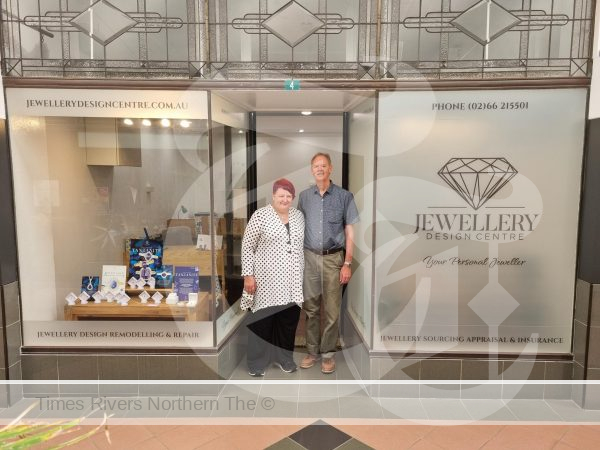



 Tweed Shire News2 years ago
Tweed Shire News2 years ago
 Motoring News1 year ago
Motoring News1 year ago
 COVID-19 Northern Rivers News3 years ago
COVID-19 Northern Rivers News3 years ago
 COVID-19 Northern Rivers News3 years ago
COVID-19 Northern Rivers News3 years ago
 Northern Rivers Local News3 years ago
Northern Rivers Local News3 years ago
 Health News3 years ago
Health News3 years ago
 COVID-19 Northern Rivers News3 years ago
COVID-19 Northern Rivers News3 years ago
 NSW Breaking News3 years ago
NSW Breaking News3 years ago









